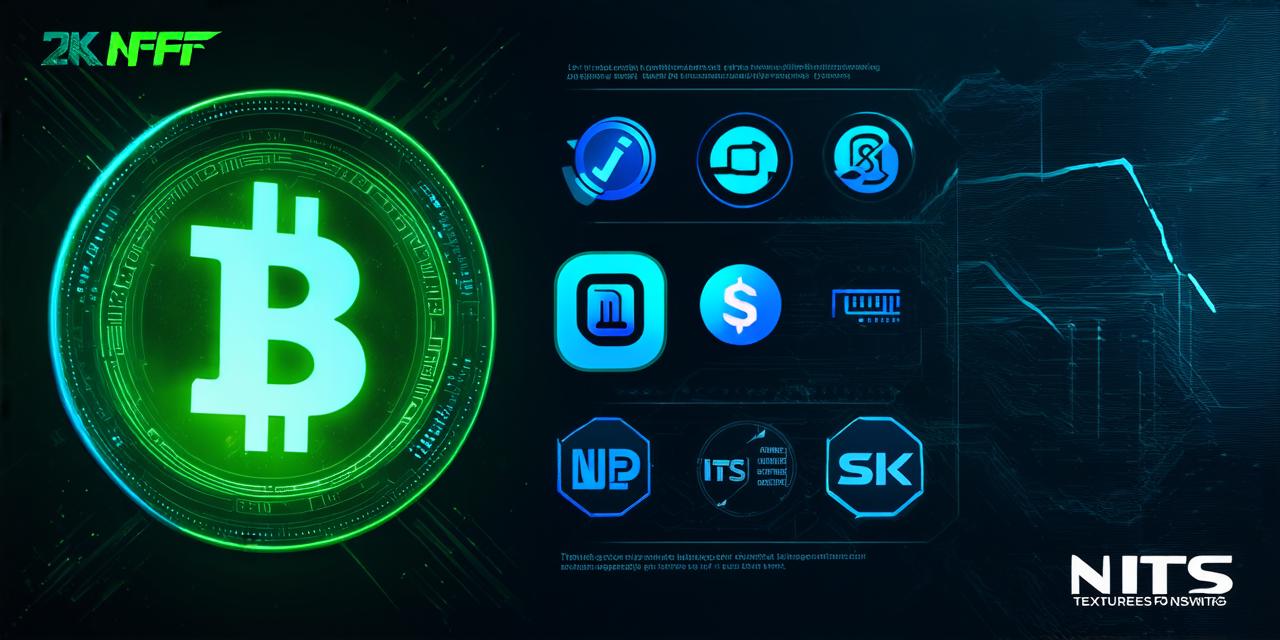NFTs, or non-fungible tokens, have become increasingly popular in recent years as a way to create unique digital assets that can be bought and sold on various platforms. However, the lack of clear regulations surrounding NFTs has led to some confusion and concern among users and investors. In this article, we will explore the current state of NFT regulation and what users need to know before investing in these digital assets.
What are NFTs?

NFTs are a type of cryptocurrency that is unique and cannot be exchanged for another identical asset. They are typically used to represent ownership of digital assets, such as artwork, music, or collectibles. NFTs are stored on blockchain technology, which allows for secure and transparent tracking of ownership and value.
Regulation of NFTs
Currently, there is no specific regulation for NFTs at the federal level in the United States. However, some states have taken steps to regulate certain aspects of NFTs. For example, California has enacted a law that requires certain NFT sellers to provide consumers with clear and conspicuous disclosures about the risks associated with investing in NFTs.
At the international level, there is no specific regulation for NFTs either. However, some countries have taken steps to regulate other types of cryptocurrencies, which may apply to NFTs as well. For example, China has banned all forms of cryptocurrency trading and mining, while South Korea has imposed strict regulations on cryptocurrency exchanges.
Investor Protection
As with any investment, there are risks associated with investing in NFTs. Users should be aware of these risks and take appropriate precautions to protect themselves. Some potential risks include market volatility, hacking, and fraud.
To mitigate these risks, users should do their research before investing in NFTs and only invest what they can afford to lose. They should also use reputable platforms for buying and selling NFTs and keep their private keys secure.
Summary
While there is currently no specific regulation for NFTs at the federal or international level, users should be aware of the risks associated with investing in these digital assets and take appropriate precautions to protect themselves. As the market for NFTs continues to grow, it is likely that more regulations will be put in place to ensure consumer protection and prevent fraud and other criminal activity.
